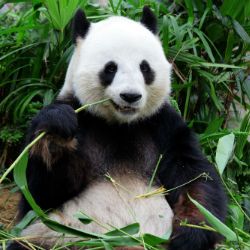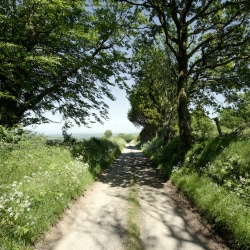Wildlife in ‘Catastrophic Decline’

Wildlife populations have fallen by more than 2 thirds in less than 50 years according to major report by WWF. This alarming decline shows no sign of slowing.
Tanya Steele, chief executive at WWF, declared that human activity such as burning forests, over fishing seas, and destroying wild areas is pushing wildlife populations to the brink.
Report Details
The report looked at 1000’s of different wildlife species monitored by conservation scientists in habitats across the world. They recorded an average 68% fall in more than 20,000 populations of mammals, birds, amphibians, reptiles and fish since 1970.
The Zoological Society of London (ZSL) helped provide the data. Dr Andrew Terry from ZSL said the data shows “Clear evidence of the damage human activity is doing on the natural world”.
“If nothing changes populations will continue to fall, driving wildlife to extinction and threatening ecosystems on which we depend”.
Topically the report highlights how much humans and nature are intertwined. Habitat loss and wildlife trade are factors leading to pandemic, such as Covid 19, and also drivers behind the decline in wildlife.
Core Statistics
- 1.9 sq km of land has been lost since 2000 (which is equivalent to 8x the size of the UK)
- 1m wildlife species are threatened with extinction
- 1.3bn tonnes of food is wasted each year
Can Anything Be Done?
Happily there is belief that we can halt and reverse habitat loss and deforestation, but urgent action is required.
Sir David Attenborough commented that we need to have systemic shifts in how we produce food, create energy, manage our oceans and use materials….”But above all it requires a change in perspective and change from viewing nature as something that’s optional or nice to have to the single greatest ally we have in restoring balance to our world”.
The data compiled for the report can also be used to look at how we can reverse the decline. There is a need to focus on the way we produce and consume food, reducing food waste and eating food with lower environmental impact.



